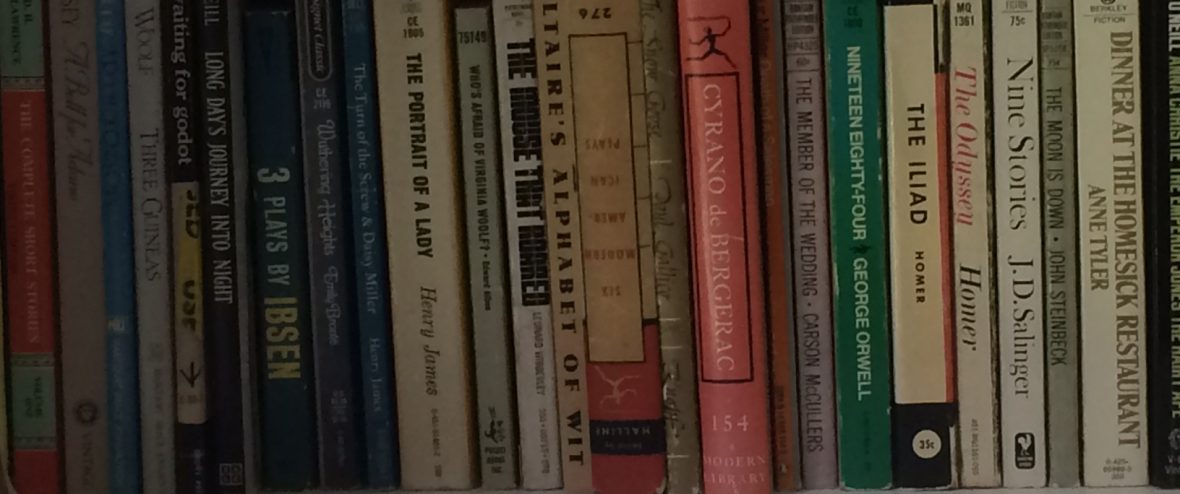Written in 1937, and originally published in German, the author is thought to be Lev Nussimbaum, a Jewish writer that used the pseudonyms of Essad Bey and Kurban Said. Born a Jew, he converted to the Muslim religion. Before the true author’s name was unknown, the Nazi regime included his works on the list of “excellent books for German minds”.
The story is set in the early 20th century on the cusp of the Great War in Baku, Azerbaijan. There we meet a schoolboy – Ali Khan Shirvanshir. We learn of his ancestors – great warriors of high esteem and standing in the community for centuries. He is Asian at his core – a man of the desert, just like his ancestors. He is also Mohammeded (Muslim). We learn of the many tales, songs and verses created in honor of his ancestors and homeland.
Baku, newly rich with oil resources, has been a source of Western interest. Most recently conquered by Russia, the Western world has come to encroach its ways on this Asian country. Ali is enrolled in a Russian school, which tries to impart the Western ways on the future generations. The home culture remains strong, however, with teachers still in fear of real life retribution from the long established families.
With the Russians came the Georgian aristocracy. Christian in faith, Western in manner, they believe the natives of the country are barbarian – with blood feuds, eating with fingers, and drinking. Nino Kipiani, a princess of this world, is the love of Ali’s life. From the beginning, Ali Khan is torn by his love of the woman and her Western sensibilities. He loves to look at her, and touch her, but that would never be allowed for Muslim girls. Nino, for her part, is a strong believer in her Christian Orthodox religion, enjoying the approving looks of all men, and refusing to hide under a veil. These two opposing views of the world, while at conflict with each other, are part of the reason they love each other.
Throughout the story we learn of Muslim ideology, deep rooted differences in customs of Shiite, Sunni, Turk, Armenian, Georgian and Persian beliefs. These two lovers overcome the weight of ancient customs and the expectations of the “modern” western world to be married.
Both are torn by the love they have of each other, and the weight of their history and expectations of life. We learn here – and must remember that this was written almost 100 years ago now – that the East and the West view the world differently and judge each other in different ways. Until the West and East sensibilities understand and appreciate the differences, there will be no understanding that the ancient rules of civility that were created by the ancestors will always be a part of who the people are. Expecting something different without that historical context or understanding is at the West’s peril. The same is true of the West, also, who must remember that their way is not the only way.
As for the marriage of Ali and Nino, there are times when it seems they have found a place to live together, but that is only true when they are alone together. The expectations of others breaks the peace they found.
Is there any way that a man of the East can come to terms with the sensibilities of the West? Or can a woman of the West agree to the terms of the East? With the unrest we are seeing around the world, is the moral to the story that we can learn to love each other, but we can not learn to live in peace together?
